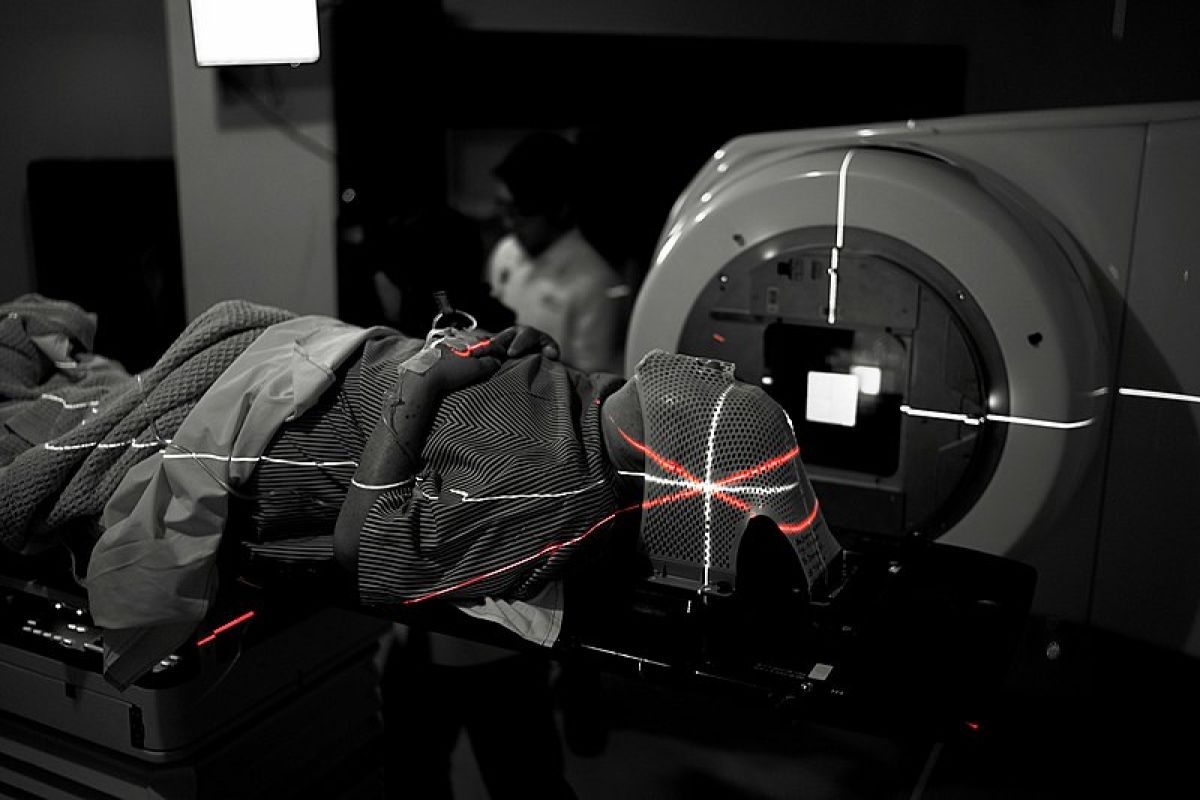UoM scientists lead the way towards revolutionising radiotherapy research
By Zahra Salimi

Manchester scientists and clinicians have been rewarded a significantly large cash grant by Cancer Research UK to explore new radiotherapy techniques and technology with the aim of increasing the survival rate of cancer.
Cancer Research UK is investing a total of £56 million in Cancer Research UK RadNet making it the largest ever investment, contributed by the charity towards radiotherapy research.
From this total sum, an amount of £16.5 million is being awarded to the experts from the charity’s Manchester centre over the next five years, with the aim to develop new and innovating state of the art radiotherapy treatments, which will be accessed by The Christie NHS Foundation Trust.
The Manchester centre is an important infrastructure for radiotherapy research and technologies. In the past, it has been awarded a Radiation Research Unit status with funding for both research groups, and more importantly, it has been chosen as one of the seven centres of excellence in the UK that will accelerate advances in radiotherapy research.
This recent funding will support the researchers at the University of Manchester collaborating with The Christie to utilise high-tech radiotherapy treatments such as proton beam therapy or MR-Linac machines, a combination of an MRI scanner with radiotherapy machine that results in a more accurate treatment. It will also include FLASH radiotherapy which delivers ultrahigh radiation doses in fractions of a second.
The use of radiotherapy is widely popular these days. Annually, over 130,000 patients are treated with radiotherapy on the NHS. Among the major foundations supporting radiotherapy treatments and research in the UK are Cancer Research UK and The Christie. Collectively they have sponsored some of the earliest research into the treatment of cancer with radiation, as well as initialising the use of radiotherapy in the 1920s.
Simply, this treatment kills the cancerous cells by blasting them with x-ray radiation, which irreversibly mutates their DNA.
The lead researcher for the Cancer Research UK Manchester Centre, Professor Rob Bristow, who alongside works as the director and Chief Academic Officer at The Christie, commented on this achievement: “We are very proud that Manchester has been awarded this grant to bring the next generation of radiotherapy treatments to patients sooner.
“The funding will support us to develop new radiotherapy technologies to help more people survive cancer, with fewer side effects and a better quality of life after treatment.
“Our work will look at how the latest technologies can work in tandem with other therapies, including immunotherapy. In addition, by identifying the biological indicators of cancer success or failure, we hope to increase personalised treatment to patients. In Manchester, many of our patients have pre-existing medical conditions and our unique program of research will help us to decide on the most suitable treatment for them.
“We will also be delving further into the underlying biology of the tumour to find ways of preventing tumours from spreading and how to reduce the side-effects of treatment. All of this is only possible with the infrastructure and expertise we have on hand here in Manchester.”
Highlighting the significance of the radiotherapy research, Michael and Ruth Brierley, from Blackpool, Lancashire had a story to tell.
In December 2017, the couple booked an appointment with a doctor after noticing their daughter’s left eye has turned completely inward. Just days later, at the age of four, their now six-year-old daughter, Skye, was diagnosed with an inoperable, fist-sized tumour behind her nose and eye.
The family spent nine weeks in the U.S. with Skye undertaking around 31 rounds of treatments using proton beam therapy. Now, after about two years, thanks to the treatment and the new care provided for by Manchester healthcare centres, Skye’s cancer is now stable. Although she has regular check-ups in Manchester for monitoring her health, she has returned to school and is enjoying life again.
Skye’s Dad, Micheal said:“Without the scientific research that developed proton beam therapy, things could have turned out very differently.”
Highlighting the significance of the new grant, Anna Taylor, Cancer Research UK media spokesperson, commented: “This award is fantastic recognition of the world-leading radiotherapy research taking place in the North West, which will help shape a better future for people with cancer through new technologies and treatments.
“People in the region have every right to feel proud of the ground-breaking research being carried out on their doorstep and of their fundraising efforts, which are helping to beat the disease.”
She continued: “Every hour, around five people are diagnosed with cancer in North West. That’s why we’re working every day to find new ways to prevent, diagnose and treat the disease. But we can’t do it alone.”







